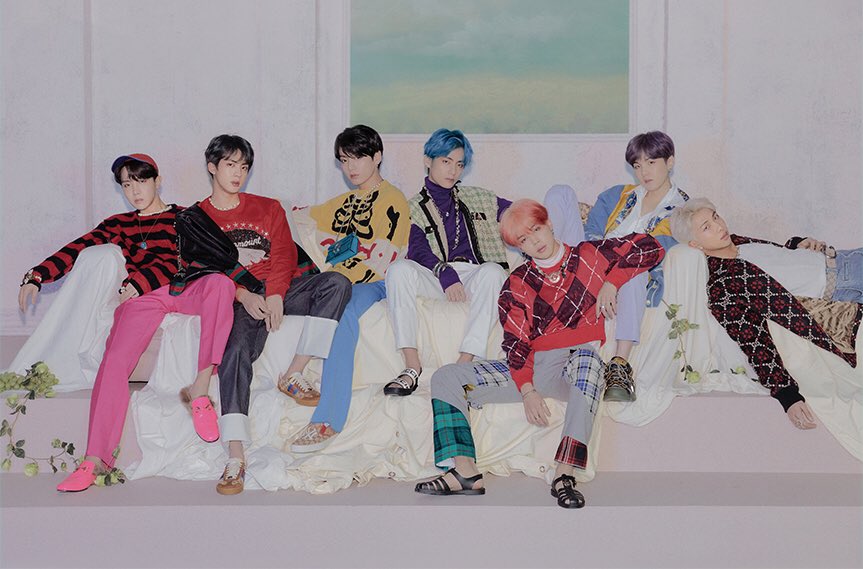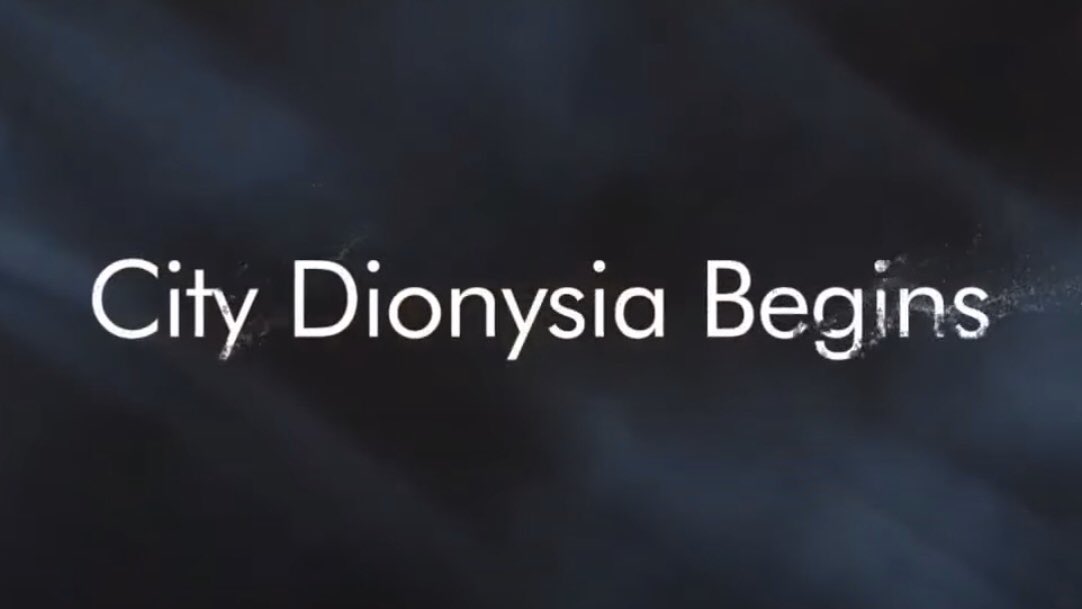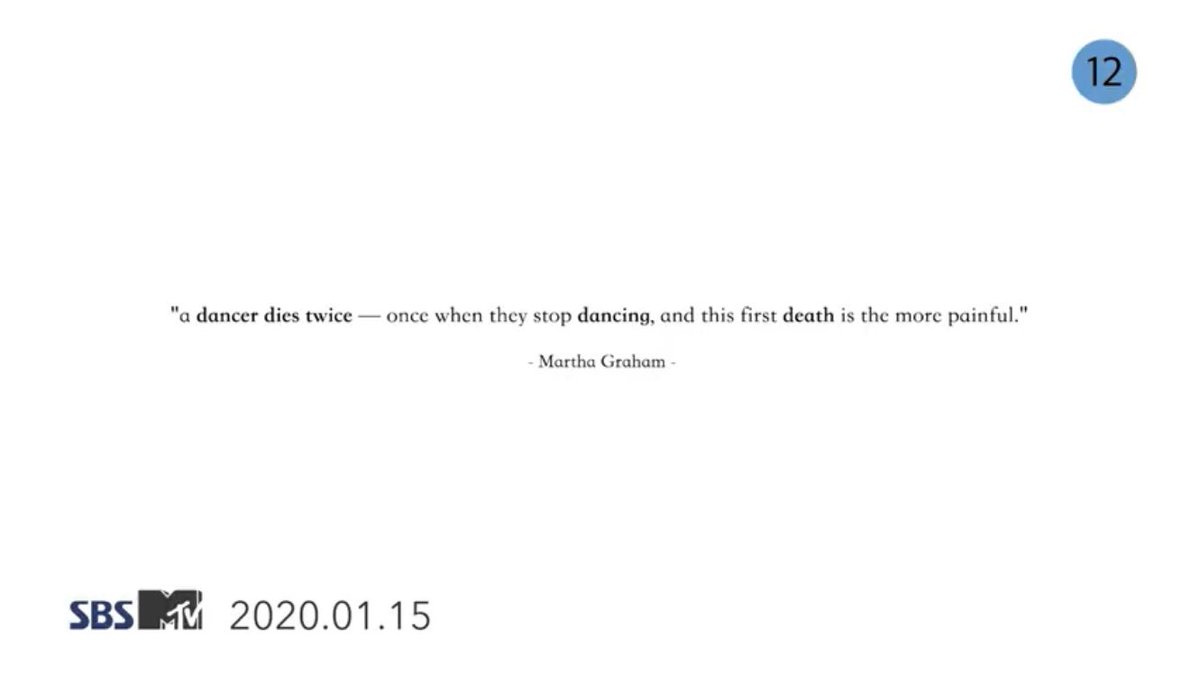#방탄소년단 #MapOfTheSoul
THREAD: The myth of Dionysus, City Dionysia, the Dionysian-Apollonian dichotomy, some VCR analysis, and how the song is as a transition point in the Map of the Soul era
✱ Part 1 of a long Dionysus thread
#BTSTheories #ARMYTS
@BTS_twt @army_society
THREAD: The myth of Dionysus, City Dionysia, the Dionysian-Apollonian dichotomy, some VCR analysis, and how the song is as a transition point in the Map of the Soul era
✱ Part 1 of a long Dionysus thread
#BTSTheories #ARMYTS
@BTS_twt @army_society
I& #39;ve been wanting to write this thread for the longest time because it& #39;s like a fusion of my three great loves - psychology, mythology, and BTS!
It& #39;s so rich in symbolism and I can never stop geeking out over it. Please bear with me because this is a pretty long thread! https://abs.twimg.com/emoji/v2/... draggable="false" alt="😅" title="Lächelndes Gesicht mit offenem Mund und Angstschweiß" aria-label="Emoji: Lächelndes Gesicht mit offenem Mund und Angstschweiß">
https://abs.twimg.com/emoji/v2/... draggable="false" alt="😅" title="Lächelndes Gesicht mit offenem Mund und Angstschweiß" aria-label="Emoji: Lächelndes Gesicht mit offenem Mund und Angstschweiß">
It& #39;s so rich in symbolism and I can never stop geeking out over it. Please bear with me because this is a pretty long thread!
« THE MYTH OF DIONYSUS »
Dionysus is a Greek god, one of the 12 major gods of the Greek pantheon that reside in Mt Olympus known as the Olympians, and the only Olympian who is half mortal.
His parents are Zeus, the “king of the gods”, and Semele, a mortal.
Dionysus is a Greek god, one of the 12 major gods of the Greek pantheon that reside in Mt Olympus known as the Olympians, and the only Olympian who is half mortal.
His parents are Zeus, the “king of the gods”, and Semele, a mortal.
One of my favorite lines from the song is from Yoongi& #39;s verse, “born as a K-pop idol, reborn as an artist”.
Dionysus is a twice-born god.
First, he was born from the womb of his mother, Semele.
Second, he was born from the thigh of his father, Zeus.
Dionysus is a twice-born god.
First, he was born from the womb of his mother, Semele.
Second, he was born from the thigh of his father, Zeus.
The first ‘birth’ happened when Hera tricked Semele into thinking she needed to see Zeus in his true form.
This is fatal for mortals, which is why the gods disguise themselves when they& #39;re in the mortal world. Semele passed away, and Zeus took the unborn Dionysus from her womb.
This is fatal for mortals, which is why the gods disguise themselves when they& #39;re in the mortal world. Semele passed away, and Zeus took the unborn Dionysus from her womb.
The second & #39;birth& #39; was from Zeus& #39; thigh, where the Olympian had sewn Dionysus into after taking him from Semele& #39;s womb in order to protect him from Hera, who still wanted revenge.
He completed the gestation period there, and was "born again", half god and half mortal.
He completed the gestation period there, and was "born again", half god and half mortal.
Upon his birth, he was taken far from Greece and the angry goddess, Hera.
He was raised in the East, particularly Mount Nysa, by Silenus and the rain nymphs called the Hyades. Silenus is also Dionysus& #39; long term companion and mentor.
He also traveled a lot.
He was raised in the East, particularly Mount Nysa, by Silenus and the rain nymphs called the Hyades. Silenus is also Dionysus& #39; long term companion and mentor.
He also traveled a lot.
Dionysus became known as a god with Eastern origins because of how he was raised. He also explored most of the Eastern world, with very strong links in Asia.
Because of this, he also became known as a "wandering god". After his travels in Asia, Dionysus then returned to Greece.
Because of this, he also became known as a "wandering god". After his travels in Asia, Dionysus then returned to Greece.
Despite his status as an Olympian, Dionysus wasn& #39;t exactly warmly received by the other gods.
Because he’s half-mortal, he’s seen as the "outsider” or the "foreigner".
This is why he’s also a protector of the “outsiders”, those who have been cast out and excluded.
Because he’s half-mortal, he’s seen as the "outsider” or the "foreigner".
This is why he’s also a protector of the “outsiders”, those who have been cast out and excluded.
Dionysus was the “most human" of the Olympians, not only because he was half-mortal.
He spent more time in the "mortal world" than any of the other Olympians and preferred the company of the satyrs or the sileni, the nymphs, and the maenads much more than that of the other gods.
He spent more time in the "mortal world" than any of the other Olympians and preferred the company of the satyrs or the sileni, the nymphs, and the maenads much more than that of the other gods.
Dionysus is best known as the Greek god of wine.
He’s associated with the vine, harvest, and fertility, and darker themes like drunken revelry, ecstasy, sexuality, madness, and the underworld.
He’s often depicted as a “drunk” god holding a chalice that never runs out of wine.
He’s associated with the vine, harvest, and fertility, and darker themes like drunken revelry, ecstasy, sexuality, madness, and the underworld.
He’s often depicted as a “drunk” god holding a chalice that never runs out of wine.
However, Dionysus wasn& #39;t just drunk with wine. He& #39;s drunk with passion.
This is actually reflected in the song& #39;s lyrics, where the "crazy artist" gets "drunk on art".
Like his brother Apollo, he& #39;s a patron of the Greek theater. We see this in his festival called City Dionysia.
This is actually reflected in the song& #39;s lyrics, where the "crazy artist" gets "drunk on art".
Like his brother Apollo, he& #39;s a patron of the Greek theater. We see this in his festival called City Dionysia.
« CITY DIONYSIA »
In the GDA VCR, we see "City Dionysia begins".
City Dionysia is an ancient festival honoring Dionysus, where tragedies and comedies were performed, and every citizen, regardless of age or gender, is welcomed.
At its core is Dionysus& #39; "death" and "rebirth".
In the GDA VCR, we see "City Dionysia begins".
City Dionysia is an ancient festival honoring Dionysus, where tragedies and comedies were performed, and every citizen, regardless of age or gender, is welcomed.
At its core is Dionysus& #39; "death" and "rebirth".
City Dionysia actually commences when Apollo leaves for Hyperborea and the temple at Delphi is turned over to Dionysus and his followers.
Dionysus and Apollo share the temple of Delphi and its oracle, which is also one of the most important temples and oracles in ancient Greece.
Dionysus and Apollo share the temple of Delphi and its oracle, which is also one of the most important temples and oracles in ancient Greece.
For outsiders, the festival may seem pure “chaos” and “madness” as participants dance and sing and chant, with the belief that Dionysus incites "insanity" and a state of frenzy among his followers.
For those who participate, it& #39;s a celebration of arts and passion.
For those who participate, it& #39;s a celebration of arts and passion.
The maenads, Dionysus& #39; most loyal female followers, are the most important members of his thiasus.
In an ancient civilisation where women were expected to remain chaste and domesticated, the maenads stood out for expressing their sexuality while performing the Dionysian rites.
In an ancient civilisation where women were expected to remain chaste and domesticated, the maenads stood out for expressing their sexuality while performing the Dionysian rites.
Some believed they were possessed by Dionysus, as they performed his dances and chants wherever they went. They also carried a thyrsus, a staff tipped with a pine cone and ivy or other vines. Dionysus himself has a thyrsus.
Namjoon often has a thyrsus in their Dionysus stages.
Namjoon often has a thyrsus in their Dionysus stages.
Personally, I think Dionysus and the maenads are quite similar to BTS and ARMY.
Outside of the fandom, the activities dedicated to one group may seem "crazy" and hard to comprehend. Only ARMY understands it& #39;s an expression of how passionate we are about BTS and their art.
Outside of the fandom, the activities dedicated to one group may seem "crazy" and hard to comprehend. Only ARMY understands it& #39;s an expression of how passionate we are about BTS and their art.
City Dionysia also celebrates the “death” and “rebirth” of Dionysus.
This is a theme that we can find in MOTS 7, especially in the Black Swan art film which talks about the “first death”, as well as ON which talks about descending into the abyss (but later coming out of it).
This is a theme that we can find in MOTS 7, especially in the Black Swan art film which talks about the “first death”, as well as ON which talks about descending into the abyss (but later coming out of it).
City Dionysia also celebrates the “death” and “rebirth” of Dionysus.
This is a theme that we can find in MOTS 7, especially in the Black Swan art film which talks about the “first death”.
Dionysus is "reborn" many times in his life, under various circumstances.
This is a theme that we can find in MOTS 7, especially in the Black Swan art film which talks about the “first death”.
Dionysus is "reborn" many times in his life, under various circumstances.
The scholar Károly Kerényi referred to Dionysus as “the image of indestructible life”.
Dionysus didn’t avoid death. His enemies may tear him apart, but as long as his heart is beating, he’s able to be reborn and carry on.
I think that& #39;s some amazing symbolism right there.
Dionysus didn’t avoid death. His enemies may tear him apart, but as long as his heart is beating, he’s able to be reborn and carry on.
I think that& #39;s some amazing symbolism right there.
Dionysus being the last song on the MOTS Persona album, and Interlude: Shadow and Black Swan art film being the first two MVs we got off MOTS 7, shows a beautiful transition from the light of the Persona to darkness of the Shadow that is overcome by the Ego.

 Read on Twitter
Read on Twitter




